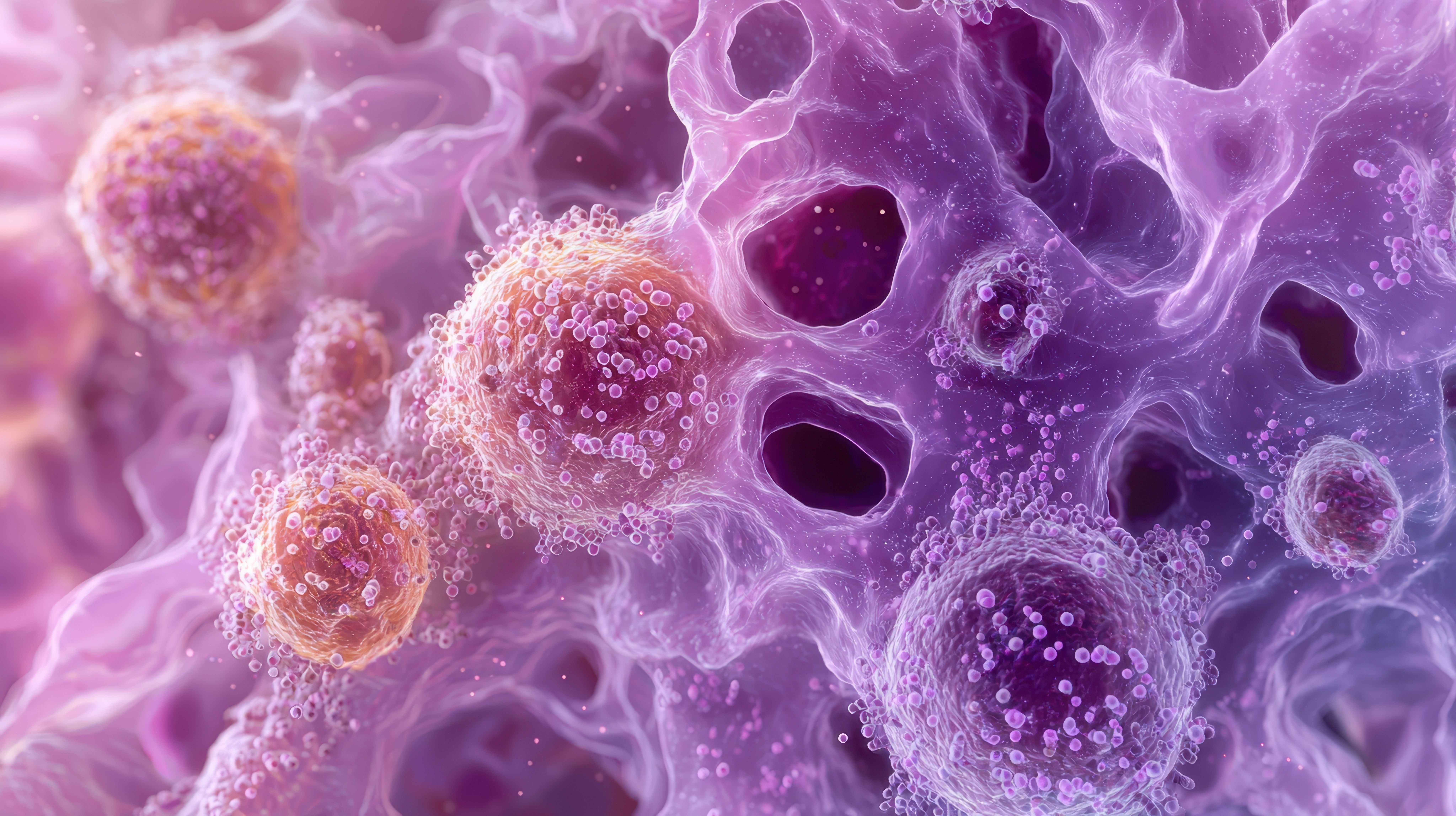Article
BRCA1 Gene Leads to Better Understanding of Breast, Ovarian Cancer Development
Author(s):
In addition to a natural variation in genetic makeup, approximately 1 in 1000 people inherit a damaged or mutated copy of the BRCA1 gene from a parent.
Investigators from the University of Birmingham have found new information on how the BRCA1 gene functions, which could help improve the treatment of breast and ovarian cancers. The research, published in Nature, is a part of a 5-year research project that could play a role in identifying and understanding breast cancer genes.
In addition to a natural variation in genetic makeup, approximately 1 in 1000 people inherit a damaged or mutated copy of the BRCA1 gene from 1 of their parents. Previous research has shown that the cells of the BRCA1 gene are less able to repair damage that accumulates in their DNA over time. This puts patients at a higher risk of ovarian and breast cancer.
In the study, investigators found that the BRCA1 gene changes shape in order to protect vulnerable DNA until the mechanisms that copy DNA can be repaired or restarted. In addition, investigators found that in certain patients with a personal or family history of breast and ovarian cancer, the protective role of BRCA1 in DNA-copying is disabled, while its break repair function is still active.
“BRCA1 is like a DNA Damage Scene Coordinator, whose role is to coordinate emergency response units at a damage site in order to help repair,” said Ruth Densham, MD, joint corresponding author. “It was surprising to find out that BRCA1 changes shape depending on the type of damage it finds at the scene, and this shape change alters the way the cell responds.”
Approximately 1 in 20 of the 50,000 women diagnosed with breast cancer every year carries an inherited gene fault, such as BRCA1. Additionally, a female BRCA1 carrier has between a 60% and 90% chance of developing cancer, and approximately 40% to 60% chance of ovarian cancer.
The study authors believe that the research could be important for understanding how cancers develop and identifying a new way of suppressing tumors.
Reference
- Ovarian and breast cancer research finds new ways BRCA1 gene functions [press release]. University of Birmingham website. Published July 03, 2019. https://www.birmingham.ac.uk/news/latest/2019/07/ovarian-breast-cancer-faulty-genes.aspx. Accessed July 08, 2019.
Newsletter
Stay informed on drug updates, treatment guidelines, and pharmacy practice trends—subscribe to Pharmacy Times for weekly clinical insights.





